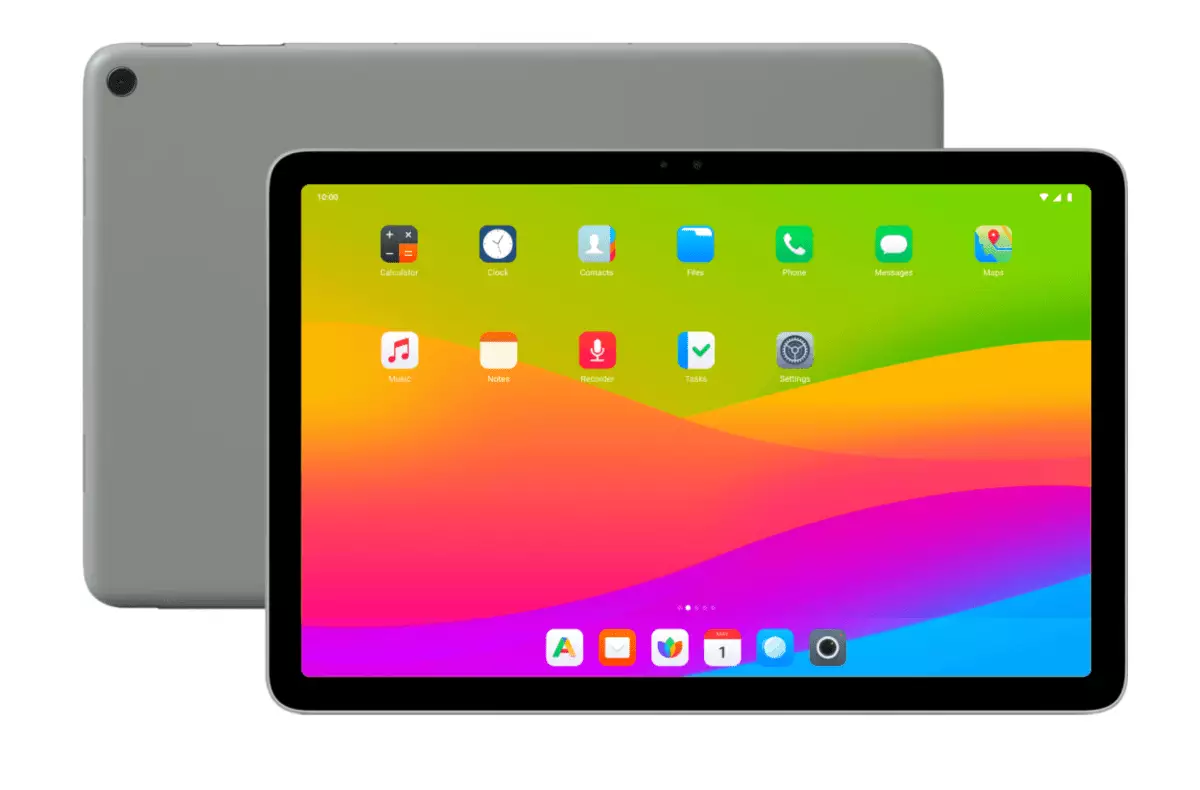Murena, a leading privacy-centric technology firm based in France, has emerged as a noteworthy player in the quest for anonymity and data protection within the smartphone and tablet markets. Following the popularity of its deGoogled smartphones, Murena has branched out into the tablet arena with the launch of the Pixel Tablet, a device designed explicitly for users who value their digital privacy. Unlike conventional tablets that come preloaded with Google apps and services, the Murena Pixel Tablet operates on the open-source /e/OS, marking a significant departure from the mainstream Android experience while maintaining high functionality.
DeGoogling the Tablet Experience
The core appeal of the Murena Pixel Tablet lies in its promise of a “privacy-focused Android experience.” This is especially relevant in an era where personal data is increasingly commodified, leading to concerns over surveillance and data mining by corporations. The 10.95-inch LCD display offers not only the aesthetics of a modern tablet but also the convenience of enjoying day-to-day functions without the intrusive presence of Google services. By eliminating Google apps, Murena aims to reduce data tracking and enhance user security, thus creating a more private computing environment.
Equipped with 128 GB of internal storage and 8 GB of RAM, the Murena Pixel Tablet is positioned as a versatile device for various applications, from work to entertainment. The tablet is priced at €539 in Europe and $549 in the U.S., a competitive price point for a high-performance device with a focus on privacy. This pricing strategy is likely targeted at consumers willing to pay a premium for enhanced security features and greater control over their data.
One notable shift with the Murena Pixel Tablet is the absence of the Google Play Store, which is replaced by the /e/OS’s App Lounge. This alternative marketplace allows users to download apps that are available in both Google Play and F-Droid anonymously, although there are limitations, particularly when it comes to accessing paid applications that require a Google account for verification. While Murena implements its solutions to circumvent dependency on Google, the challenge of replicating a full app marketplace experience remains evident.
In addition to the built-in privacy features, Murena is actively working on offering alternatives to popular Google services. One such initiative is Workspace, a freemium suite that combines file storage and office applications while providing users with up to 1 GB of free storage. This sets the stage for potential competitive offerings against established platforms like Google Drive and Office 365. However, the effectiveness of such solutions in attracting a loyal user base remains to be seen.
Overall, the Murena Pixel Tablet symbolizes a bold move towards redefining how users interact with their devices in a privacy-conscious manner. While challenges exist in establishing a fully autonomous app ecosystem and garnering widespread acceptance, its introduction marks a significant step forward in the conversation surrounding privacy and data protection in technology. For consumers who prioritize their online security, the Murena Pixel Tablet offers an innovative pathway into a digital landscape with fewer compromises.

